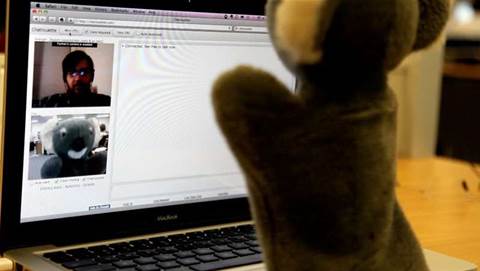
HP has joined the Bio-Info-Nano Research and Development Institute (BIN-RDI), a collaborative venture led by UCSC at its Nasa Research Park based in Silicon Valley.
The BIN-RDI programmes are focused on the converging fields of biotechnology, information technology and nanotechnology, which many experts view as the nexus of the next major technological revolution.
The BIN-RDI hopes that HP will provide new momentum to its programmes and play a key role in establishing the institute's policies and priorities.
"This is a key step in the evolution of the BIN-RDI project," said UCSC acting chancellor George Blumenthal.
"With HP on board, this initiative is achieving our vision of an interdisciplinary institute involving industrial and university research and operating at the forefront of technological innovation."
The BIN-RDI provides a central "commons" area for research and development where intellectual property is shared among participating universities, companies and government agencies.
William Berry, operations director of the BIN-RDI, said that the partnership with HP helps to validate the BIN-RDI's underlying concept of having academic, government and industry researchers working together in an open environment.
Current research activities at the BIN-RDI include projects on thermoelectric materials and fuel cell technology.
The institute also aims to establish a Nano-Science Policy Institute and develop educational programmes through the Collaborative for Higher Education, involving UCSC, San José State University and Foothill-De Anza Community College District.


_(28).jpg&h=140&w=231&c=1&s=0)
_(20).jpg&h=140&w=231&c=1&s=0)






 iTnews Executive Retreat - Security Leaders Edition
iTnews Executive Retreat - Security Leaders Edition
 iTnews Benchmark Awards 2026
iTnews Benchmark Awards 2026
 iTnews Cloud Covered Breakfast Summit
iTnews Cloud Covered Breakfast Summit
 The 2026 iAwards
The 2026 iAwards











_(1).jpg&h=140&w=231&c=1&s=0)



